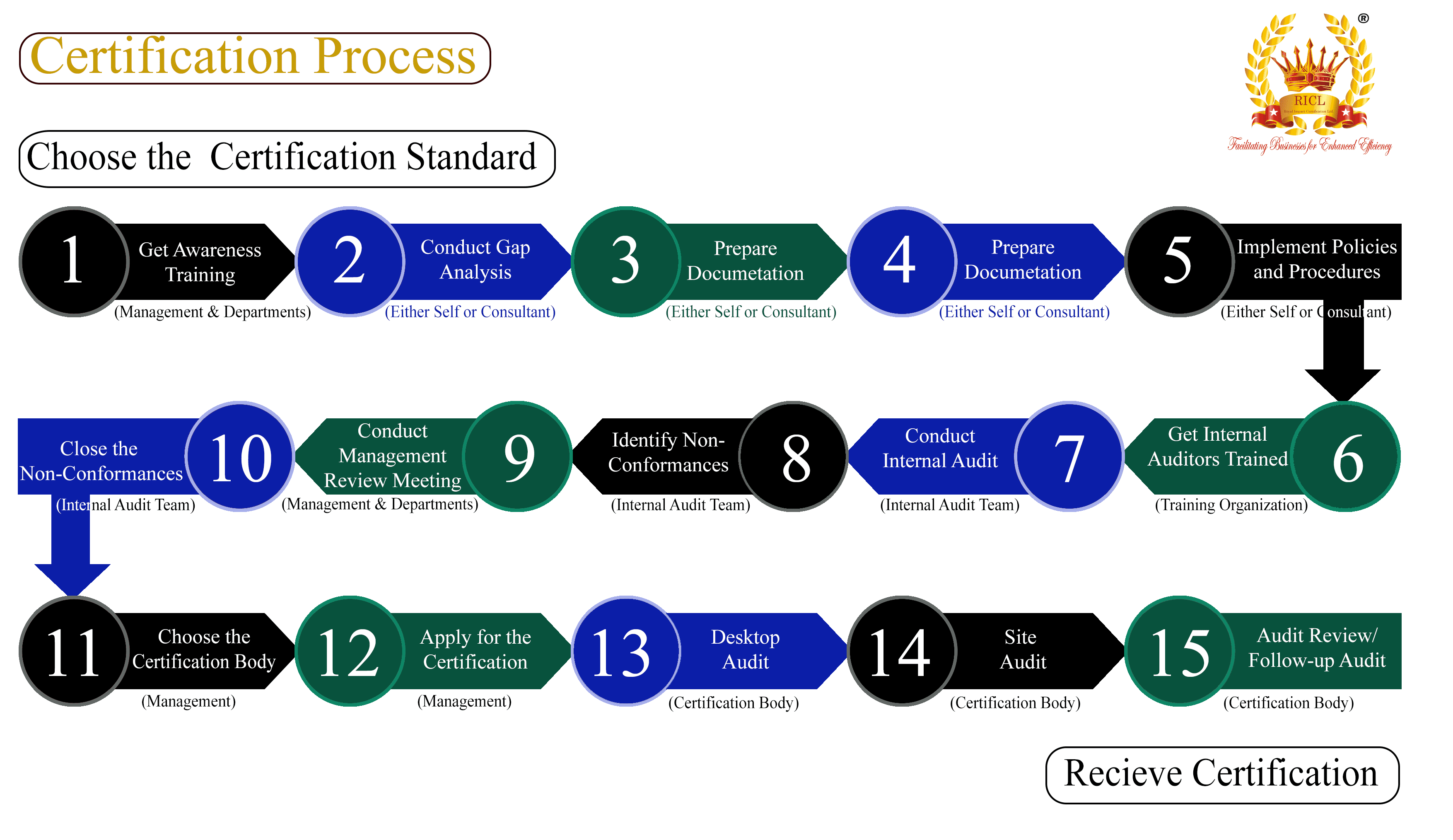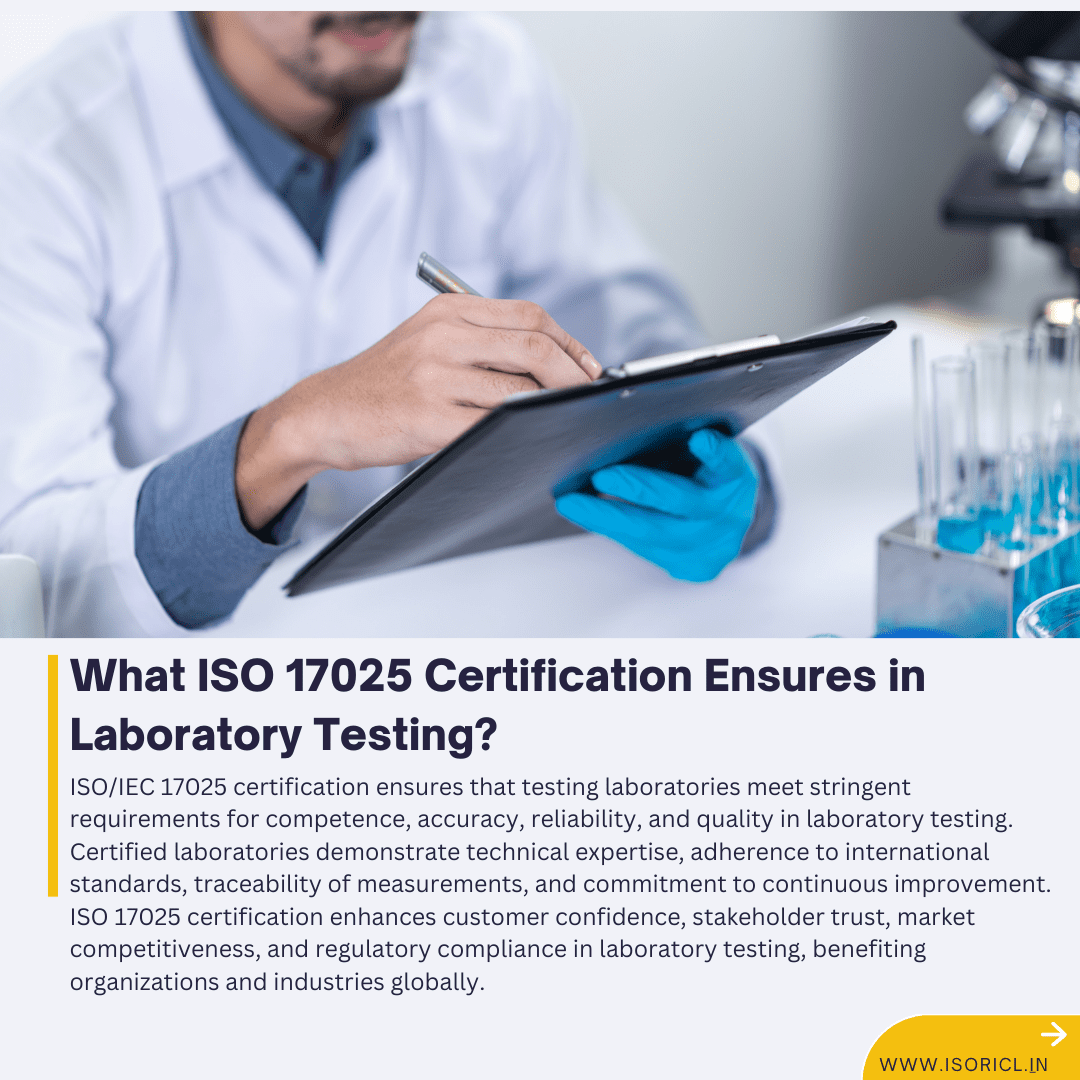
OIl & Gas Industries
The oil and gas industry, with its complex and demanding operations, significantly benefits from adhering to ISO (International Organization for Standardization) certifications.
The oil and gas industry, with its complex and demanding operations, significantly benefits from adhering to ISO (International Organization for Standardization) certifications. ISO certifications are a series of standards that help organizations ensure they meet the needs of customers while meeting statutory and regulatory requirements related to the product or service. In the context of the oil and gas industry, these certifications are crucial for promoting safety, efficiency, and environmental management. Here are some of the key ISO certifications relevant to this industry:
ISO 9001 – Quality Management Systems (QMS):
This is perhaps the most well-known ISO standard and applies to the systems that create and control the products and services an organization supplies. It prescribes systematic control of activities to ensure that the needs and expectations of customers are met. For the oil and gas industry, this standard helps in managing operations and improving product and service quality consistently.
ISO 14001 – Environmental Management Systems (EMS):
ISO 14001 focuses on effective management of environmental responsibilities so they become more sustainable, reducing the environmental footprint. In oil and gas, this is critical due to the potential environmental impact of drilling, extraction, and transportation. Compliance helps companies minimize their environmental impact and reduce the risk of pollution incidents.
ISO 45001 – Occupational Health and Safety Management Systems:
This standard ensures a safe workplace environment and reduces workplace risks, which is essential for an industry where operational safety is a priority. Implementing ISO 45001 helps oil and gas companies prevent work-related injury and ill-health as well as promote safe and healthy working conditions.
ISO 50001 – Energy Management Systems:
Given the intensive energy usage in oil and gas operations, ISO 50001 supports organizations in establishing systems to improve energy performance, including efficiency and consumption. For oil and gas companies, this means better energy use management, which can result in significant cost savings and environmental benefits.
ISO 22301 – Business Continuity Management Systems:
This standard guides organizations in managing risks that threaten the normal operation and survival of a business. For oil and gas companies, where operations are often in challenging and risk-prone environments, having a robust business continuity plan ensures that they can operate under various circumstances without interruption.

Benefits of ISO Certification in the Oil & Gas Industry
Enhanced Quality Management:
ISO 9001 can lead to improved product and service quality, consistency in delivery, and increased customer satisfaction. This also helps in reducing operational errors and increasing the efficiency of processes, ultimately leading to a better bottom line.
Improved Environmental Performance:
ISO 14001 encourages organizations to manage environmental issues systematically. This leads to reduced waste, lower energy consumption, and better utilization of resources, which not only cuts costs but also minimizes environmental impact—a significant concern in oil and gas operations.
Increased Operational Safety:
ISO 45001 focuses on reducing workplace risks and creating better, safer working conditions. In an industry like oil and gas, where workers are often exposed to hazardous conditions, enhancing safety can lead to fewer accidents, lower absenteeism, and lower insurance premiums.
Sector-Specific Quality Improvements:
ISO 29001 specifically designed for the oil, gas, and petrochemical sector, ensures that the quality management system is tailored to the specific needs of the industry, improving reliability and quality of the products and services, which are critical to operational success and regulatory compliance.
Better Energy Management:
By implementing ISO 50001, companies can achieve greater energy efficiencies. This is particularly beneficial in the oil and gas industry, where energy consumption is high. Improved energy management can lead to significant cost savings and also helps in achieving sustainability goals.
Improved Business Continuity:
ISO 22301 ensures that oil and gas companies can maintain essential operations during times of disruptions, whether due to natural disasters, political instability, or technological failures. This resilience is crucial for maintaining supply chains and protecting market share.
Regulatory Compliance:
Many ISO standards align with legal and regulatory requirements. Compliance with these standards helps organizations meet legal obligations and reduce the risk of fines, legal action, or operational shutdowns.
Market Expansion and Customer Trust:
ISO certifications are globally recognized. Having these certifications can enhance an organization’s reputation and credibility, opening up international markets and attracting new customers who prioritize vendors that comply with international standards.
[formsapp id=”662f63f6c4dd546c9916c3db”]
Related Standards
The Oil & Gas industry is governed by several ISO standards that help ensure quality, safety, security, environmental responsibility, and overall efficiency. Here are some key ISO standards related to the industry:
LATEST BLOGS
ISO 10002 Enhancing Customer Satisfaction and Complaint Handing Introduction ISO 10002 is an international standard that provides guidelines for the process of …
Who benefits from ISO 50001 Certification for energy performance? ISO 50001 Certification for energy performance benefits a wide range of stakeholders, including …
What ISO 17025 Certification ensures in Laboratory testing? ISO 17025 Certification ensures a high standard of competence and reliability in laboratory testing …







